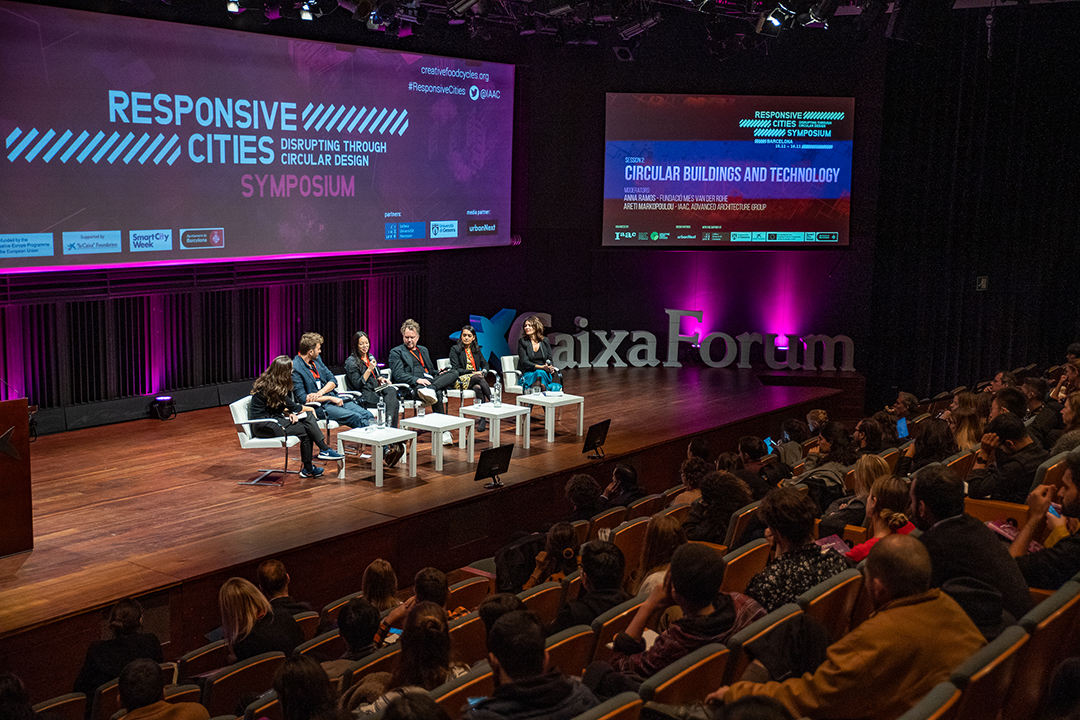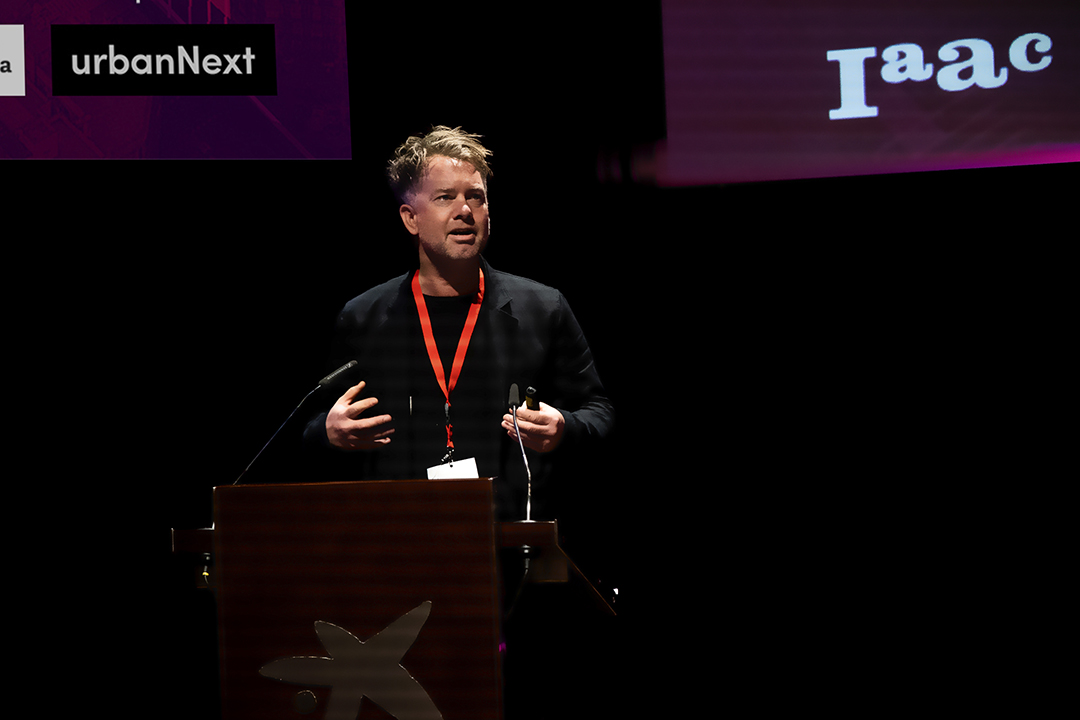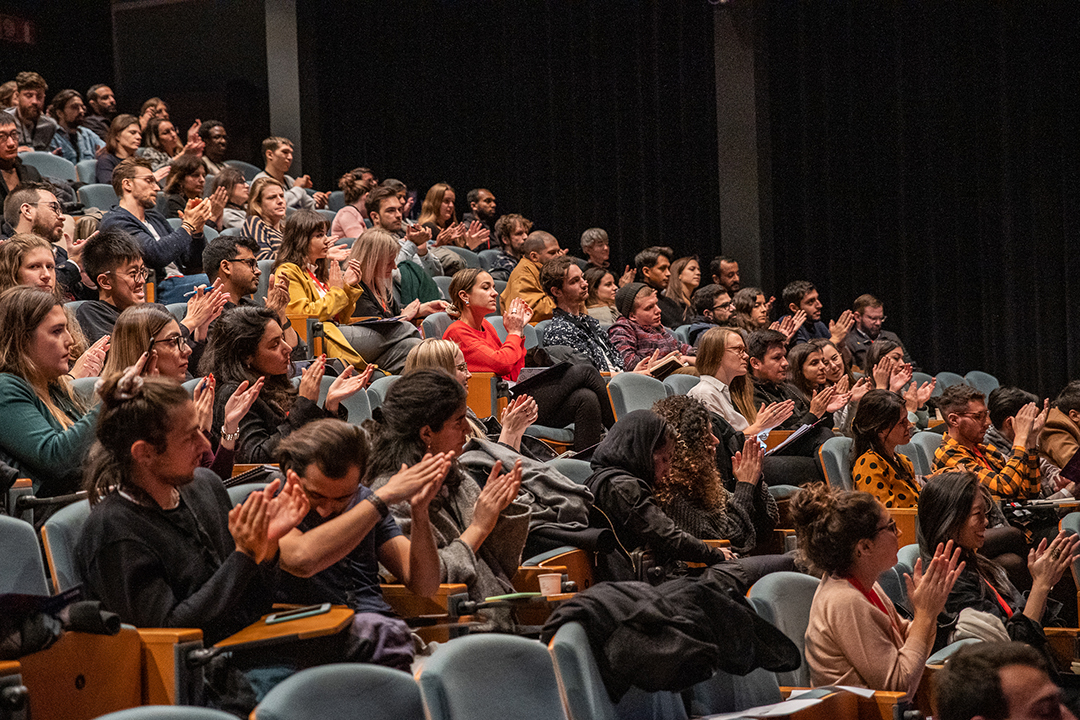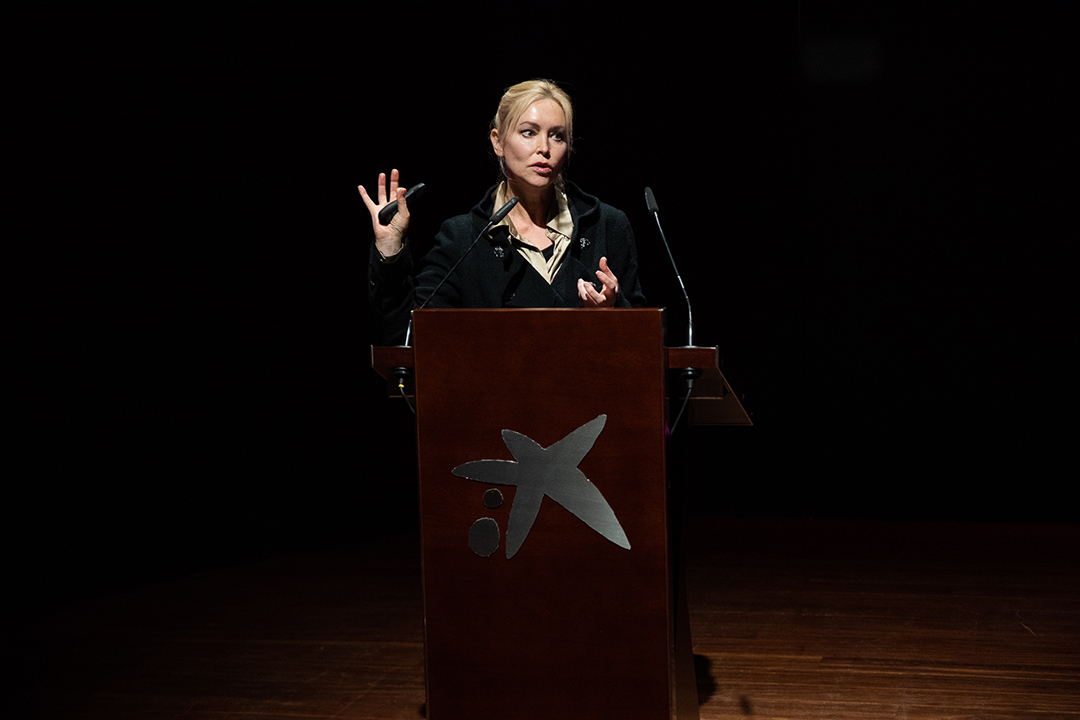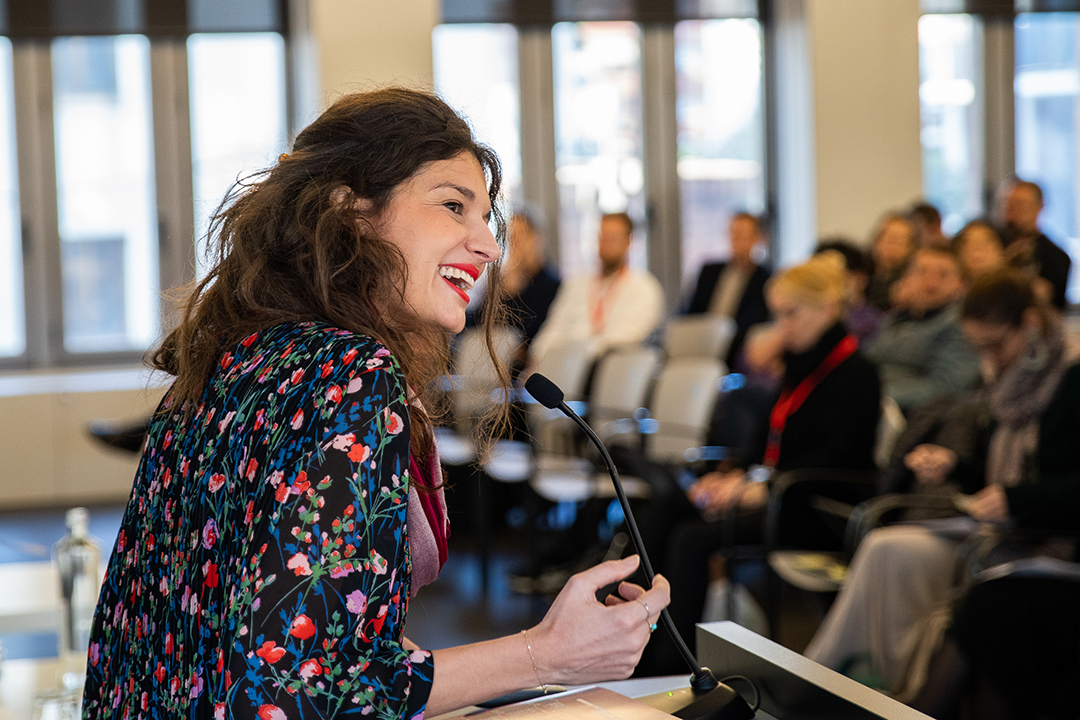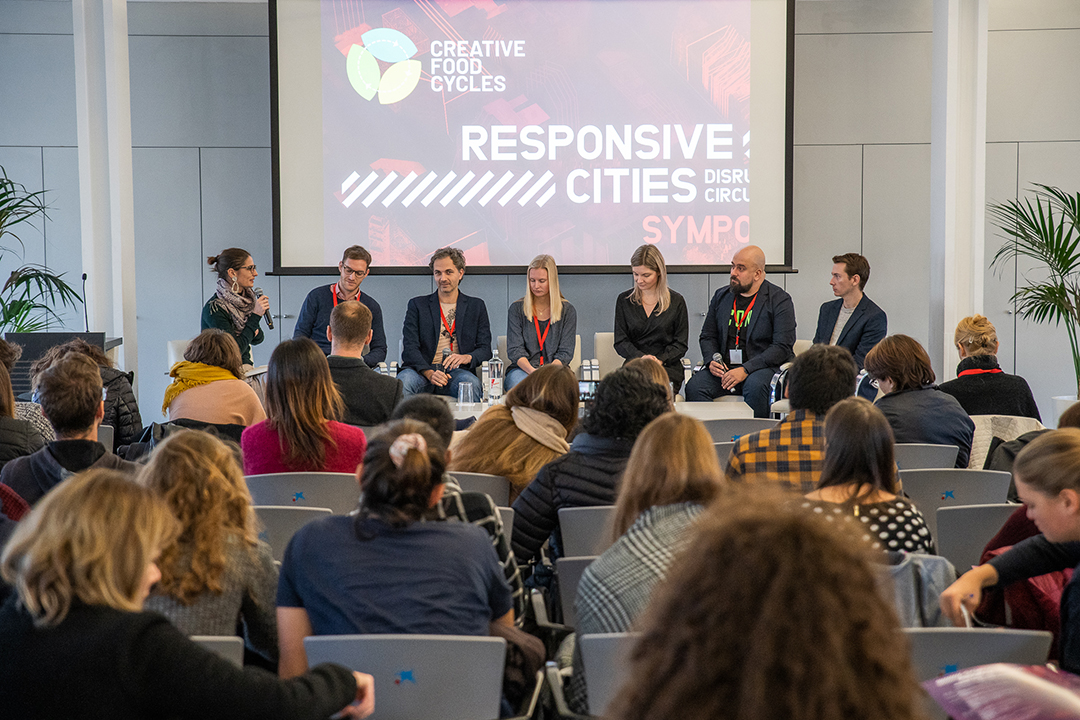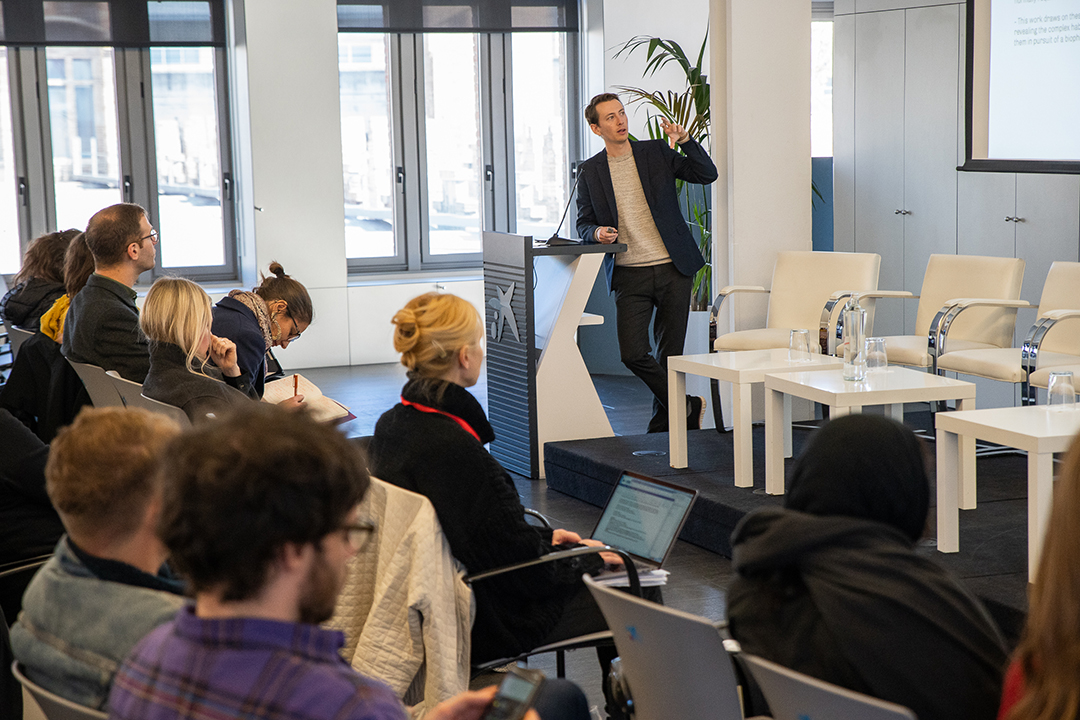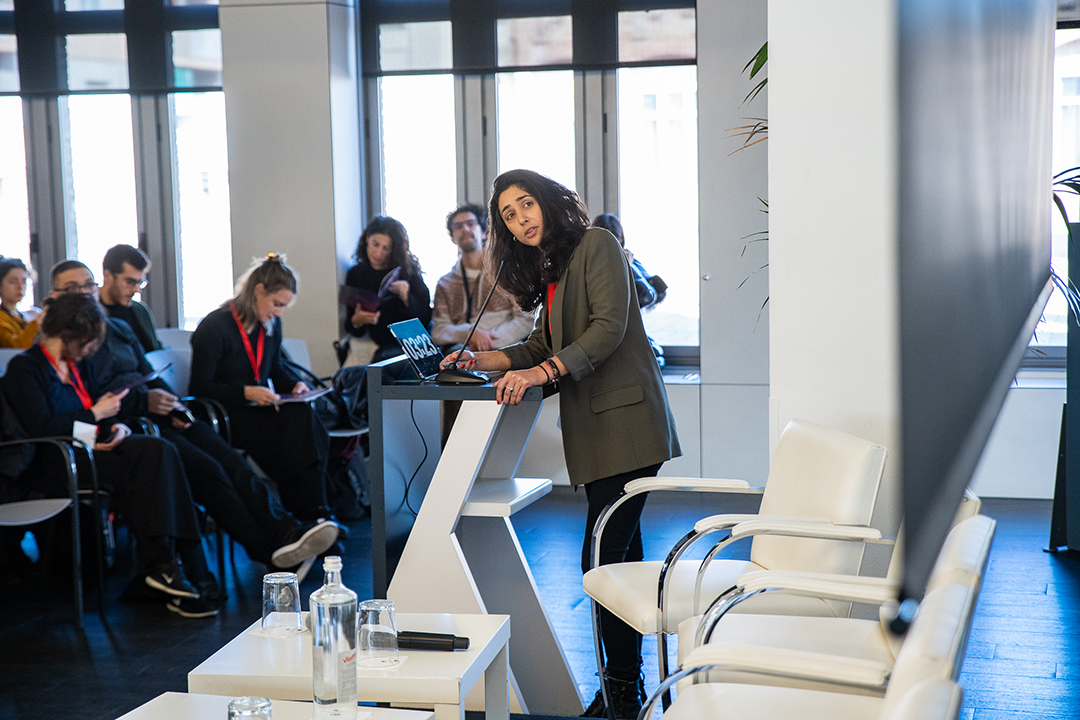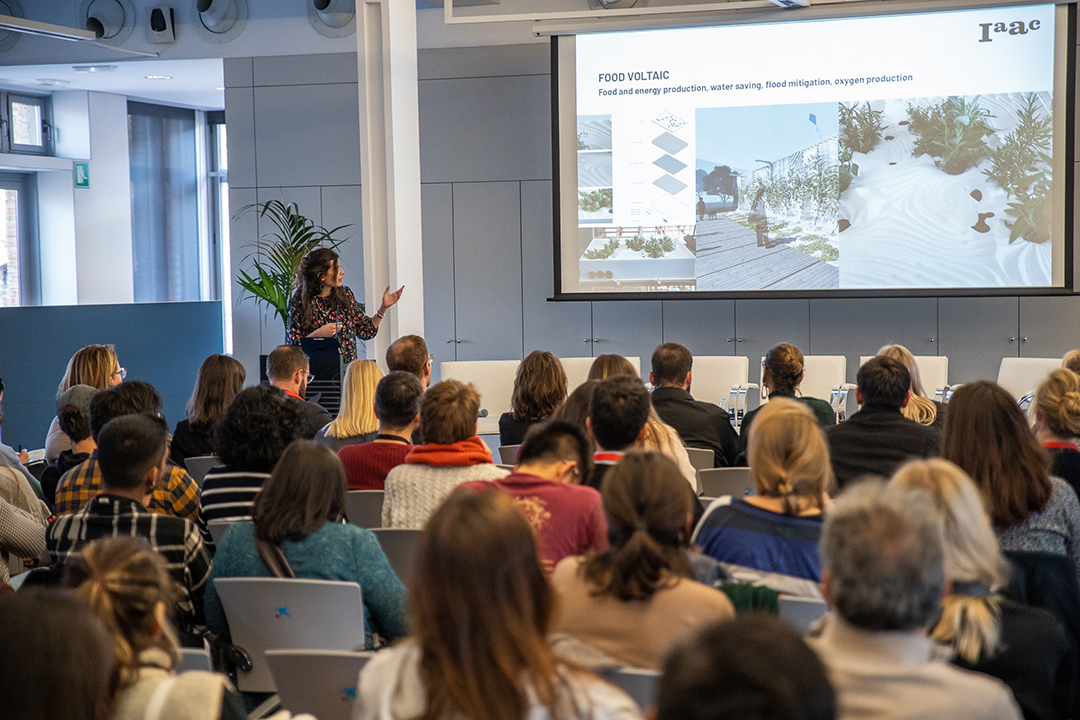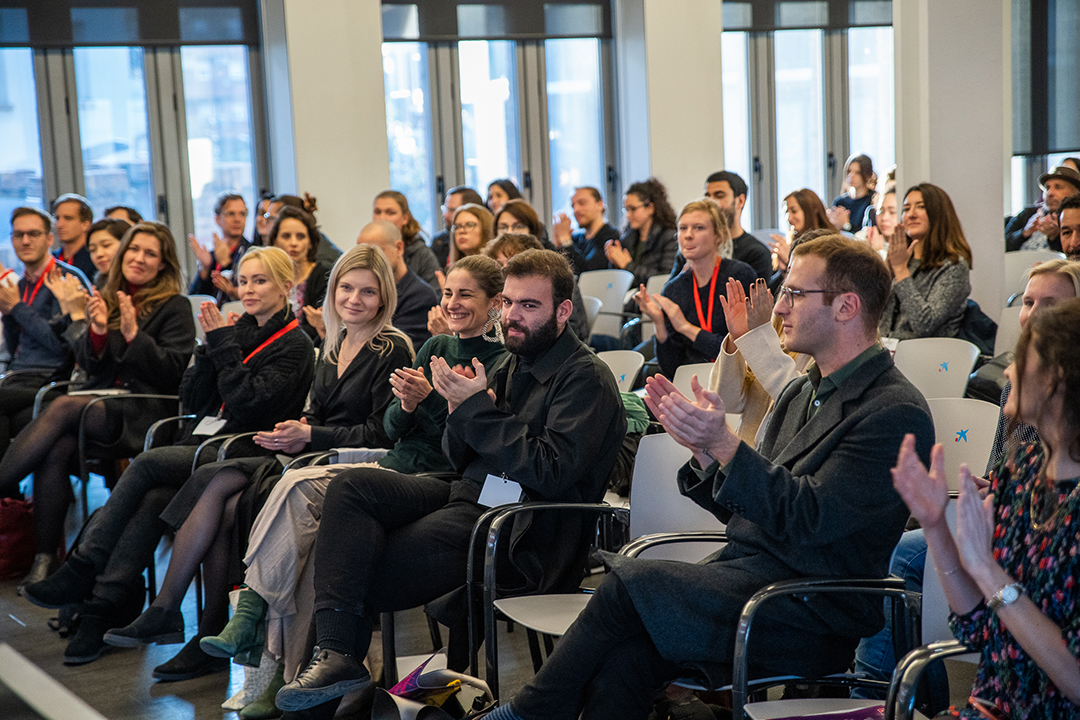Barcelona
November 15th and 16th, 2019.
Disrupting Through Circular Design (RSC)
Responsive Cities Symposium
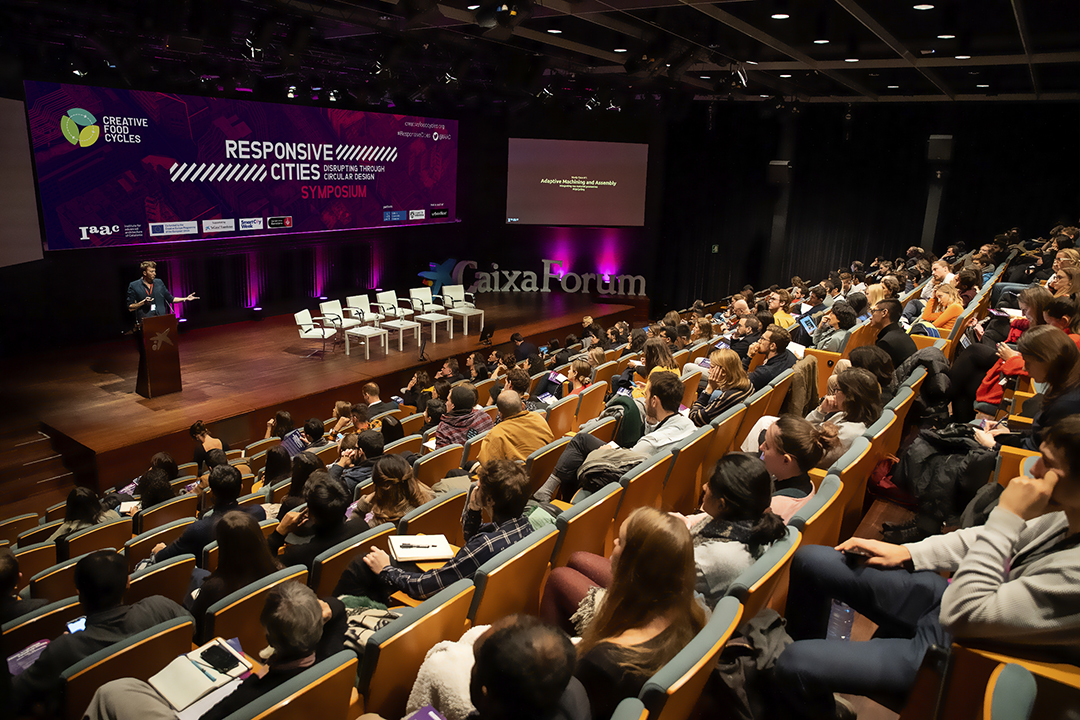
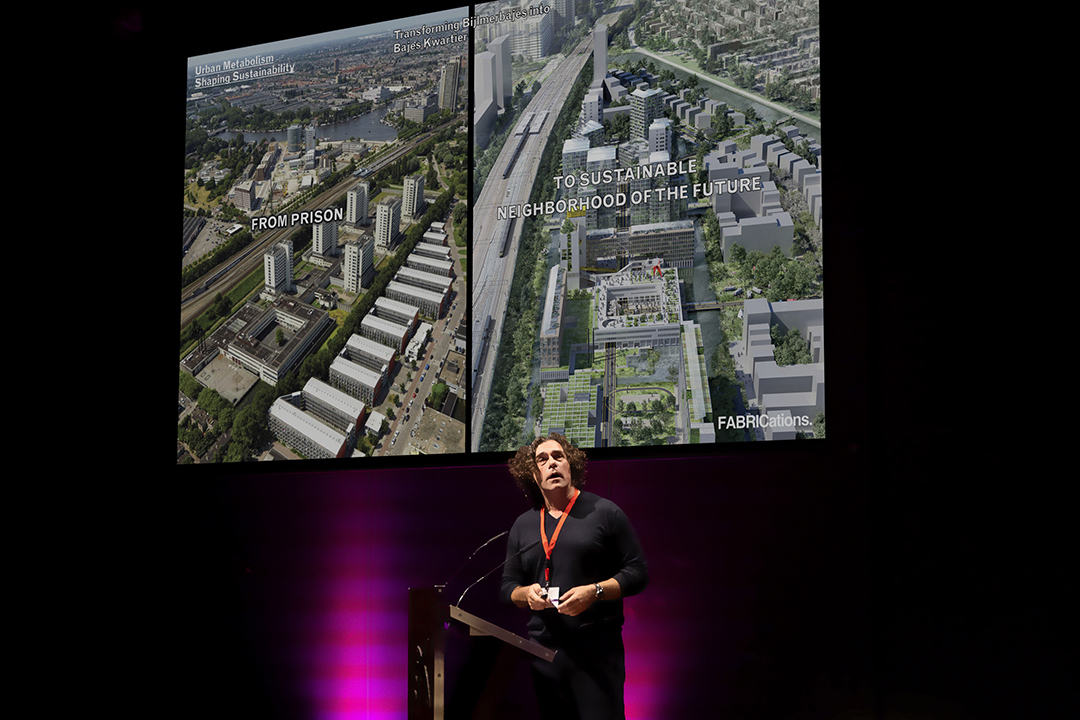
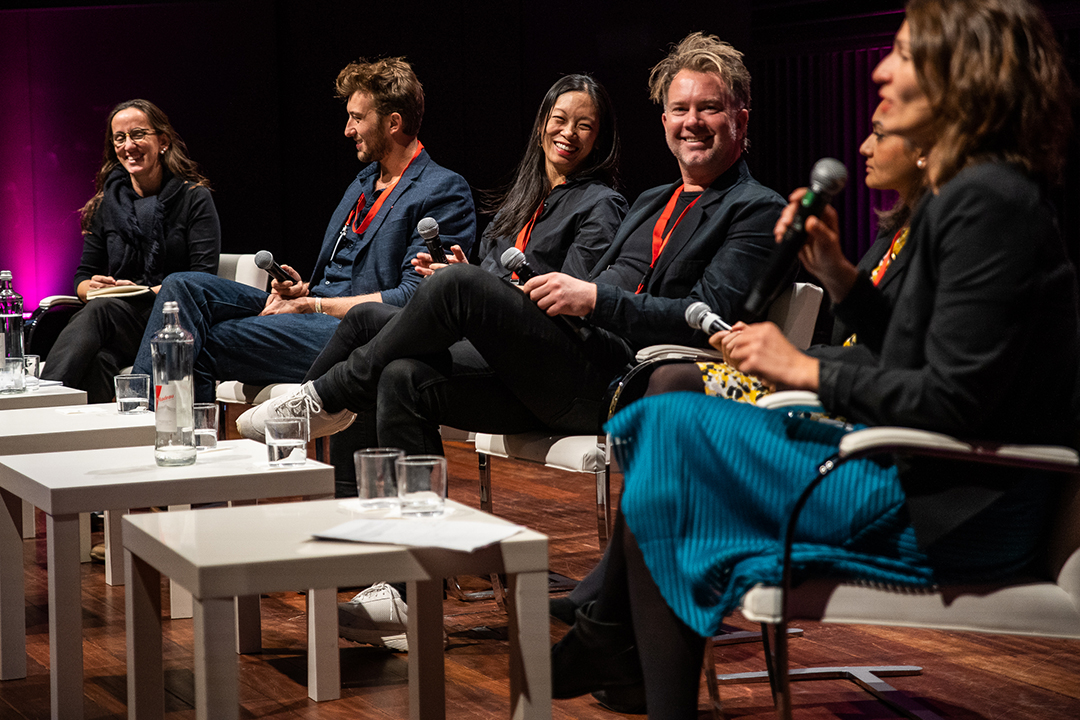
In parallel, and as a result of rising environmental awareness, a process of rethinking and replacing traditional non-adaptive and “linear systems” of “make, use and dispose” is ongoing, underlined by the Waste and Resources Action Programme (WRAP). Theories and models targeted at enhancing environmental performance, or taking inspiration from natural processes, have been developed and consolidated, such as “cradle to cradle”, “blue economy”, or “biomimicry”. Among these, “Circular design”, which is based on “non-linear” and circular systems aiming to close or limit material and resource loss, and has the potential to minimize waste, using this as a resource in itself, as highlighted by the Ellen MacArthur Foundation, finally creating new opportunities for design.
The circular design model is already being tested and implemented in the fields of construction and urban planning. For instance, the development of novel and engineered material libraries is often shifting towards more organic, natural, recycled, or recyclable consistencies while technologies of material science or synthetic biology become crucial for their development.
On top of this, the creation of new building typologies uses for public space and urban infrastructure promotes the production, optimization, and distributed management of resources, such as food, renewable energy, waste, or water. Prevailing models, based on contaminating, consuming, and static buildings and cities, give way to built spaces that reclaim, produce, manage, and reuse or transform, resources, as well as thinking in resonance with their users and the environment.
The notions of materializing, managing, and constructing are changing: the Responsive Cities symposium’s objective is to investigate how innovative and advanced technologies in the field of design (i.e. biotechnology, big data analysis, predictive modeling, engineered materials, digital manufacturing, etc.) can help to enhance and strengthen the implementation of circular processes in the urban environment.
-How can circular design disrupt linear patterns of extractive consumption, towards design scenarios where the urban environment becomes productive and healing in itself?
-Which digital technologies have the power to enhance the performance of and with our urban built environment?
-How can architectural design secure circularity in cities and contribute to the UN SDG goals of sustainable consumption and production patterns?
The main focus of the Symposium is placed on key concepts such as designing for flexible uses and systems integration; performing through circular feedback systems; adapting with nature-based solutions; building for resource recovery, or learning through advancements related to technological innovation. As protagonists in the creation of urban, built, and public spaces, we can guide decisions towards more circular choices, and build local partnerships with businesses, across disciplines, moving towards a responsive circular city.
The Responsive Cities Symposium_Disrupting through Circular Design is organized around the following topics:
DESIGN – multi-programming | hybrid simulations | predictive modeling | non-linear systems
BUILD – circular construction | on-site manufacturing | resource recovery
ADAPT – nature-based solutions | advanced and biomaterials | synthetic ecologies
PERFORM – self-organization | circular feedback systems | autonomous behavior
SHARE – participatory design | blockchain | sharing economies
LEARN – new educational models | applied research | making | raise awareness


